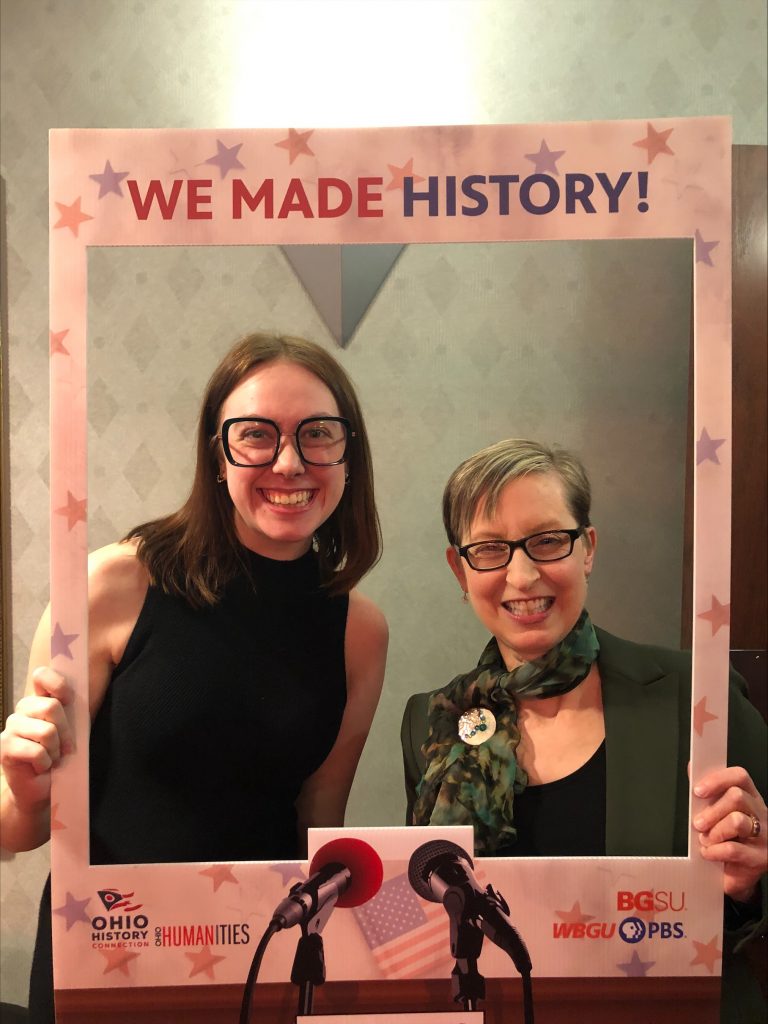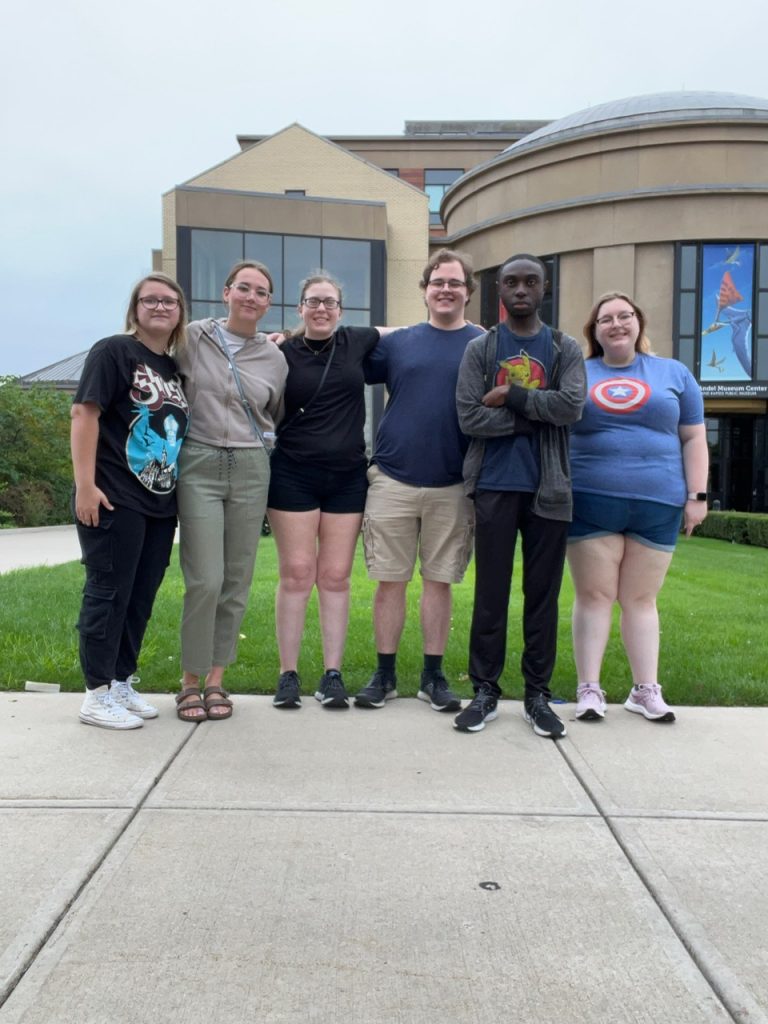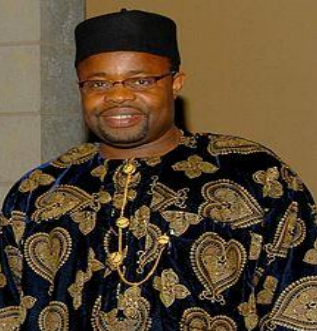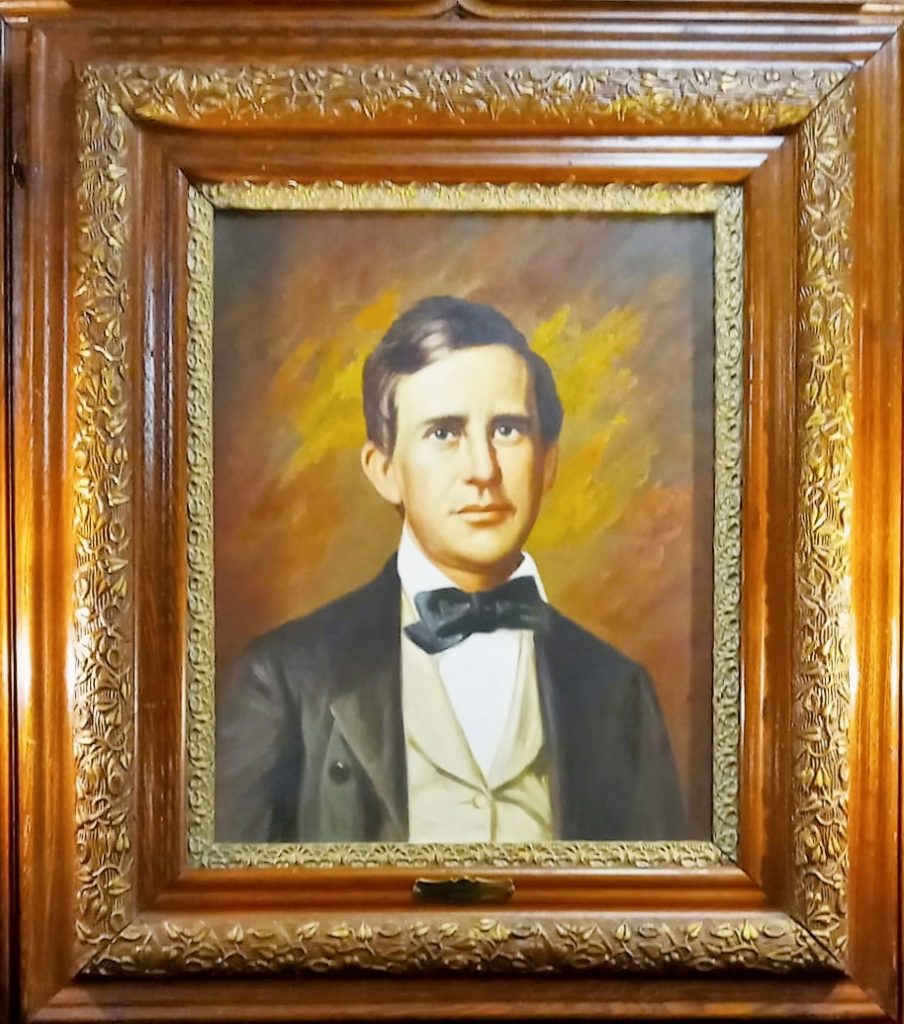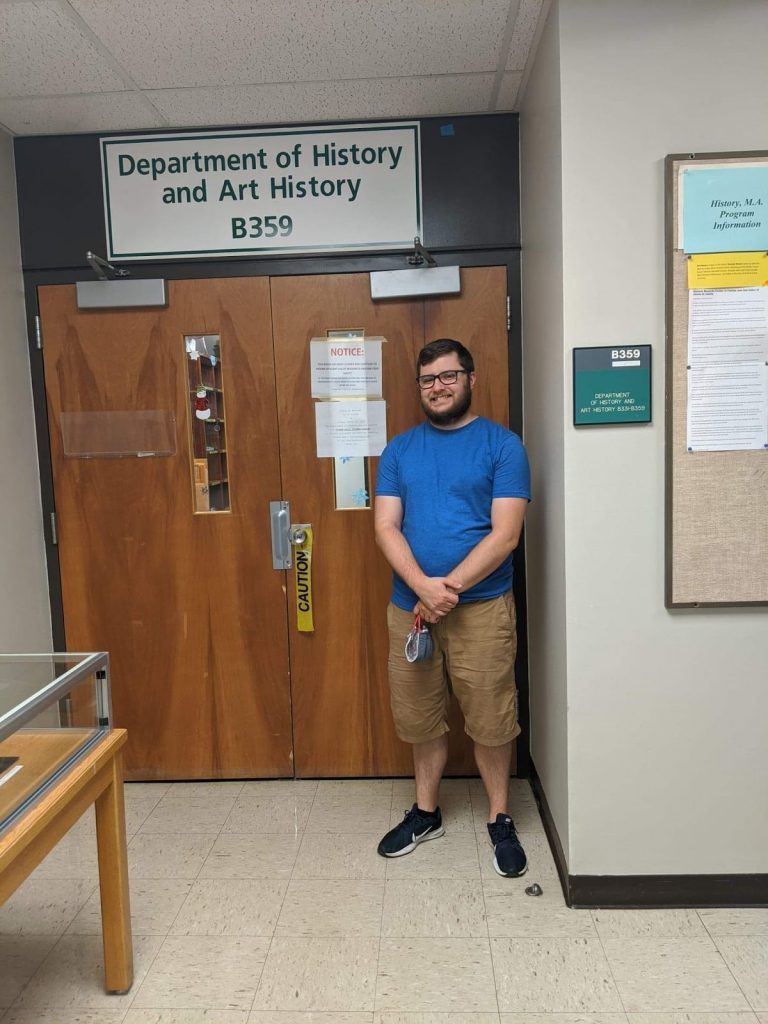Reposted from Dr.Challú’s personal blog, visit this link here for more content!
In my #envhist class we have music breaks to chill, have fun, and dig
into the themes of the class. Next week it’s my turn to bring a song
and I chose Froggy Went A’Courtin.
Froggy is a terrific example of how (traditional?) ecological
knowledge sneaks up in folklore and more broadly our culture. In Froggy I
hear the echoes of nature observation and ecological knowledge that
imho help understand the playfulness surrounding the song, its
resilience and adaptability to convey different meanings depending on
the context.
My favorite version is the Boss’s recording in The Seeger Sessions.
But this is one of the oldest folksongs published in English (1st
versions dating from 16th century). Most versions, Springsteen’s among
them (check lyrics here), share a structure and major characters. Based on the described habitats, we can identify froggy with the common frog, present all over the British Isles and Europe and the subject of multiple European folk traditions1.
Most interpretations dwell on the undertones of political commentary
and critique of the song. And there is a strong tradition of folklore
studies highlighting the lineage of the song and the mutual borrowings
with other traditions.2
In the first part Froggy proposes to Miss Mousie, then seeks Uncle
Rat’s consent. Common frogs and mice do not compete or have a
predatorial relationship. Common frogs can live in human gardens and
farms, while mice and rats also add human-built environments to their
habitat. Froggy the outsider steps into the human habitat (Mousie’s
door) and follows human social norms. The ridiculous pairing adds to the
reading of these passages as political parody.
In the second part things get a bit more real. The wedding takes
place in a hollow tree, insects come to supper, then a snake either eats
Froggy or chases him into the lake; some versions add a duck eating
Froggy. All these are actual ecological relations. Frogs prey on insects. The grass snake and ducks are the natural predators of frogs, and this does happen near standing water.
After the implausible marriage of a common frog and a mouse, the
wedding scene is a reality check based on actual predatorial relations.
Certainly this is still a fable mixing animal and human behaviors. The
junie bug comes with a jug of whisky, the flying moth lays the
tablecloth. All adds to the playfulness of the song and provides a
template to add more impossible elements in each new performance of the
song.
Froggy is not a lesson in ecology — and more broadly #folklore and
#StoryTelling don’t have fixed meanings. I propose that it simply shows a
shared understanding based on ecological knowledge derived from
everyday observation, ranging from the implausible to everyday life
around the farm or the house. Nature observation provides a language
& a script with which folks can articulate different messages.
This is an aside, but as someone interested in the history of Food
Security I feel it’s worth adding. The song ends there in some versions,
but more frequently ends with something similar to #Springsteen’s
ending: “Little piece of cornbread laying on a shelf. If you want any
more, you can sing it yourself”. This type of ending is common
throughout #folklore traditions. This mention harks back to Darnton’s
idea that this common trope in fairy tales likely reflects on anxieties
about lacking enough food.
Thanks for going with me into this rabbit hole. Let me know if I got
any aspect of the story or the underlying ecological relations wrong.
And please chime in with your thoughts!
Sources for images and text:
- https://en.wikipedia.org/wiki/Frog_Went_a-Courting : very good, has excellent bibliography on the folk traditions.
- A political reading in Albert Jack, Pop Goes the Weasel: Secret Meanings of Nursery Rhymes.
- Howard Inns, Britain’s Reptiles and Amphibians. https://doi-org.ezproxy.bgsu.edu/10.2307/j.ctvs32rjq.16
- Robert Darnton, The Great Cat Massacre, “Peasant Tell Tales”
Images:
- Image: https://www.flickr.com/photos/smithsonianlibraries/4863761034
- Springsteen’s version: https://youtu.be/ElIZNKklPR4
- Darnton’s “Peasant Tell Tales” briefly discusses frogs;
traditions connecting frogs and mice go back into the antiquity, e.g.
Aesop’s fable. ↩︎
- The
wikipedia entry does a fair job with its history and sourcing the
information from reputable sources:
https://en.wikipedia.org/wiki/Frog_Went_a-Courting ↩︎

